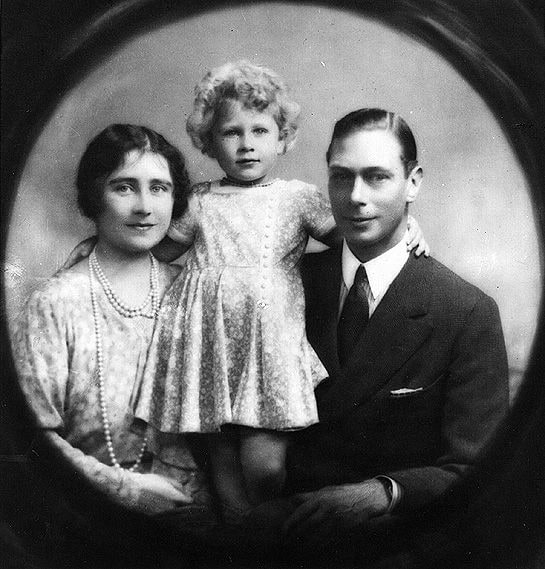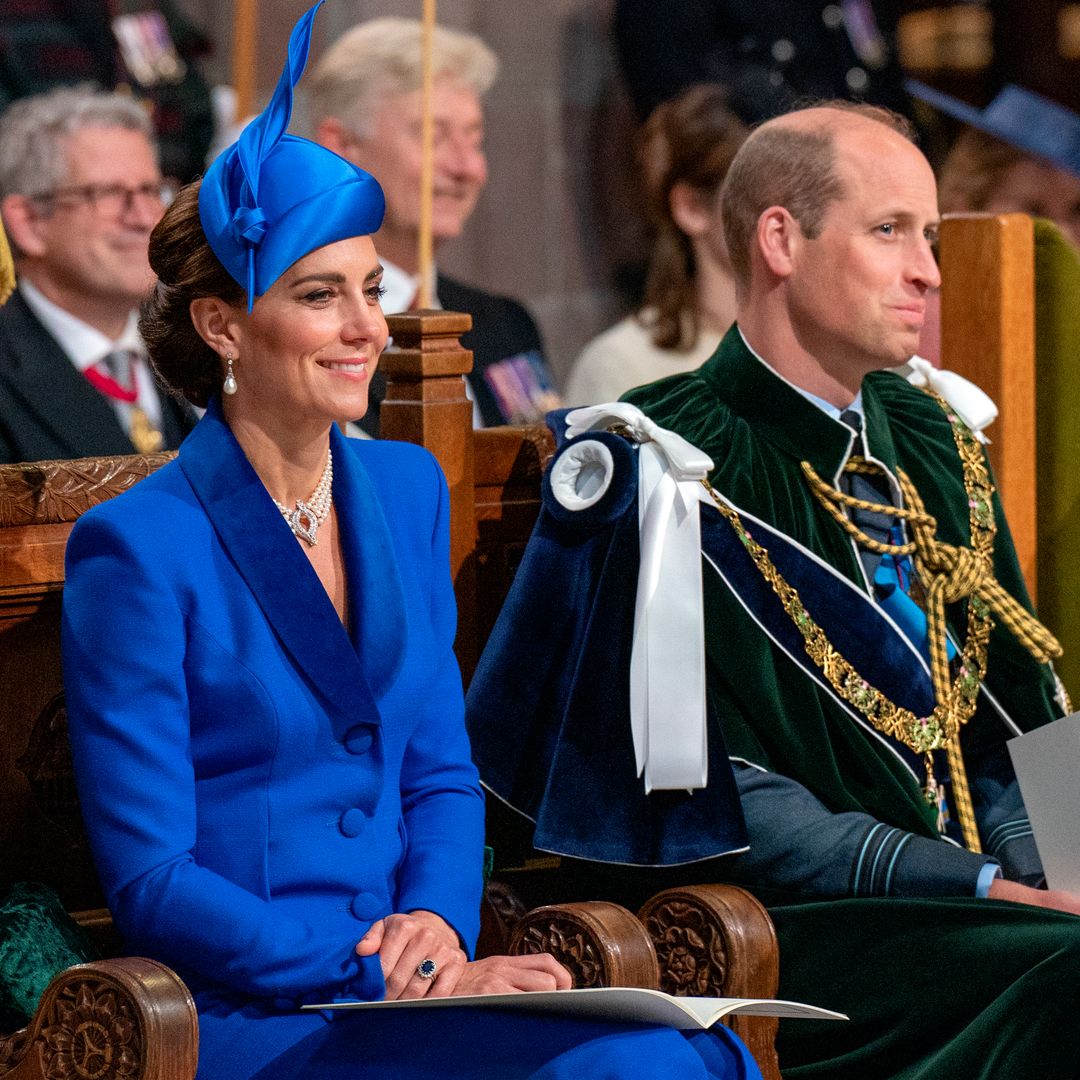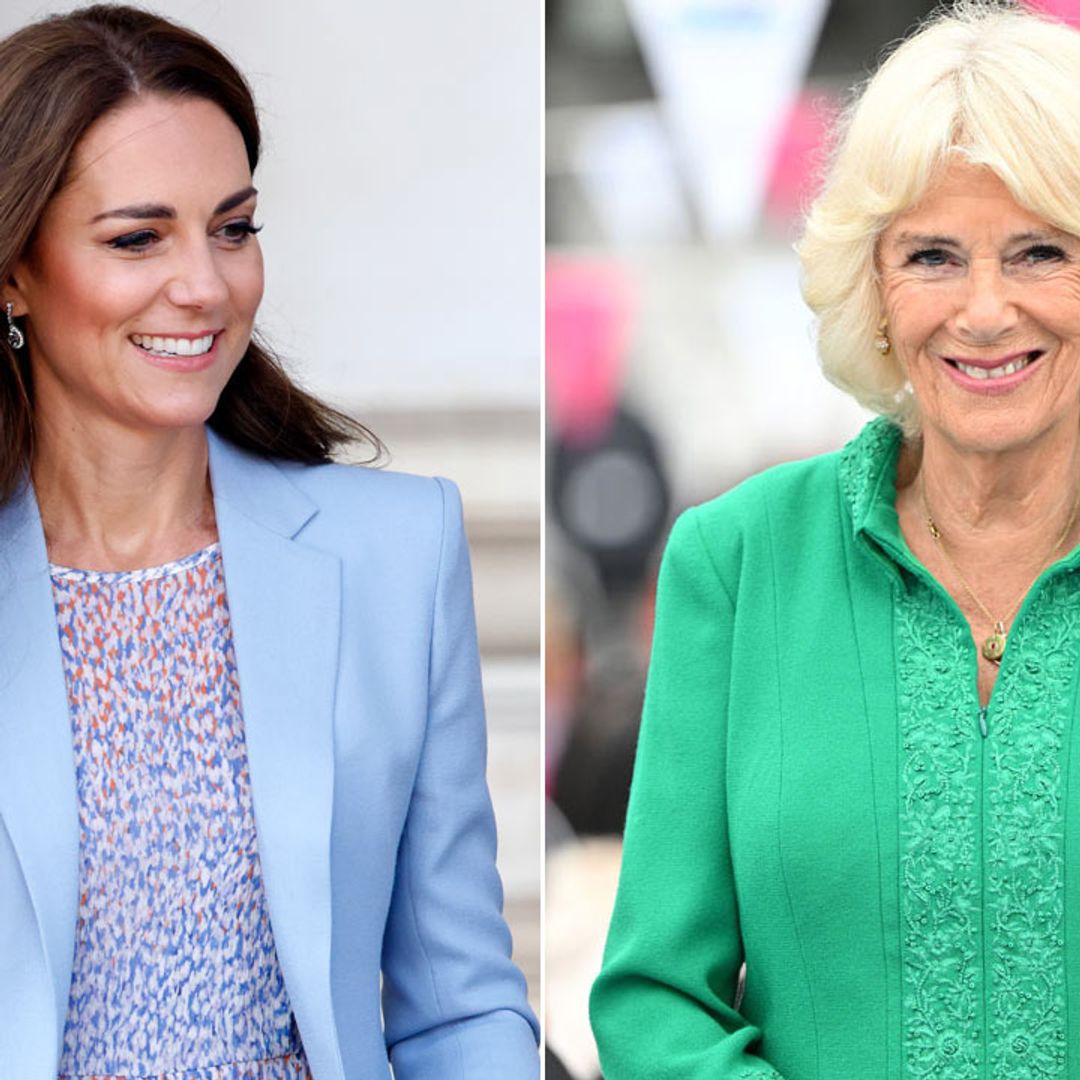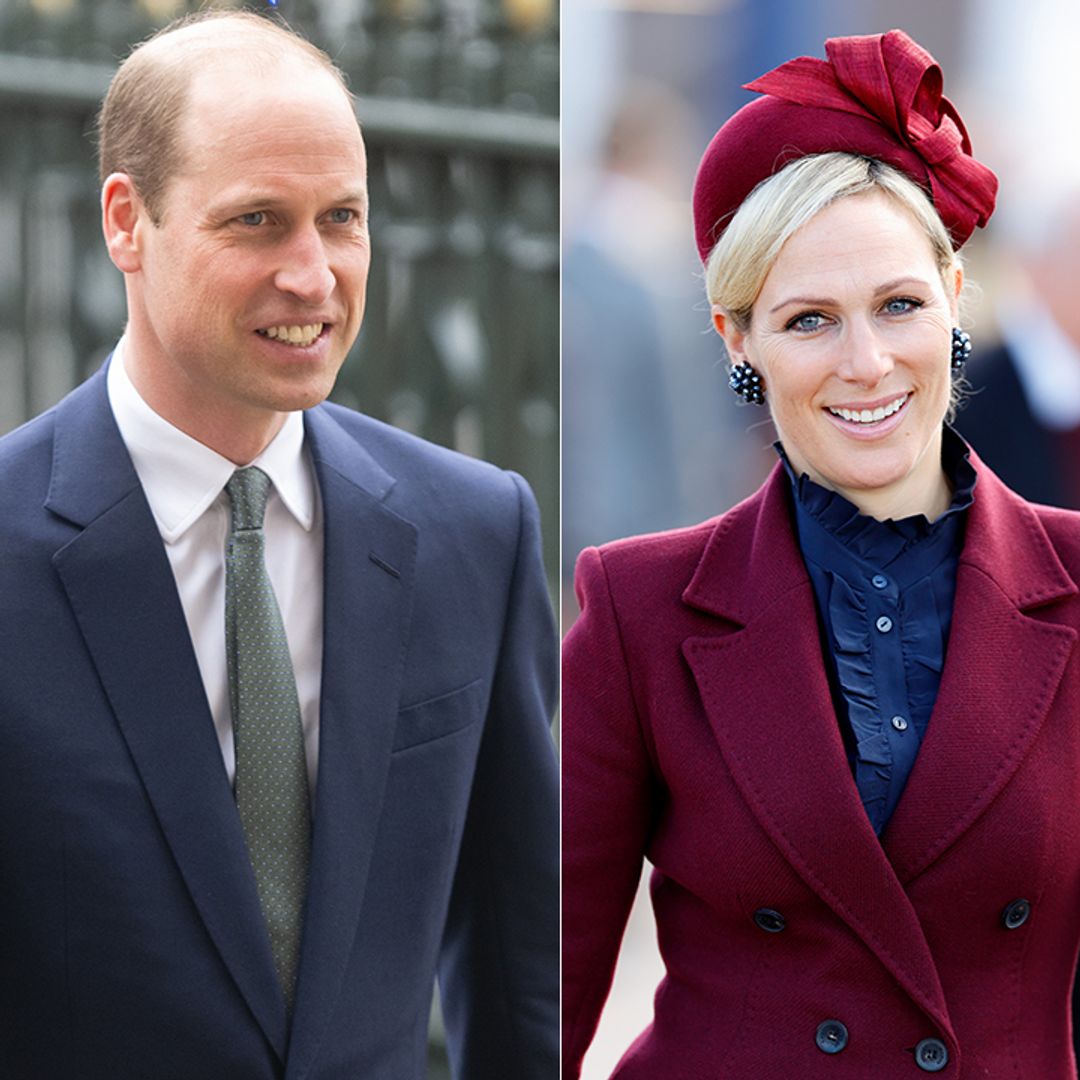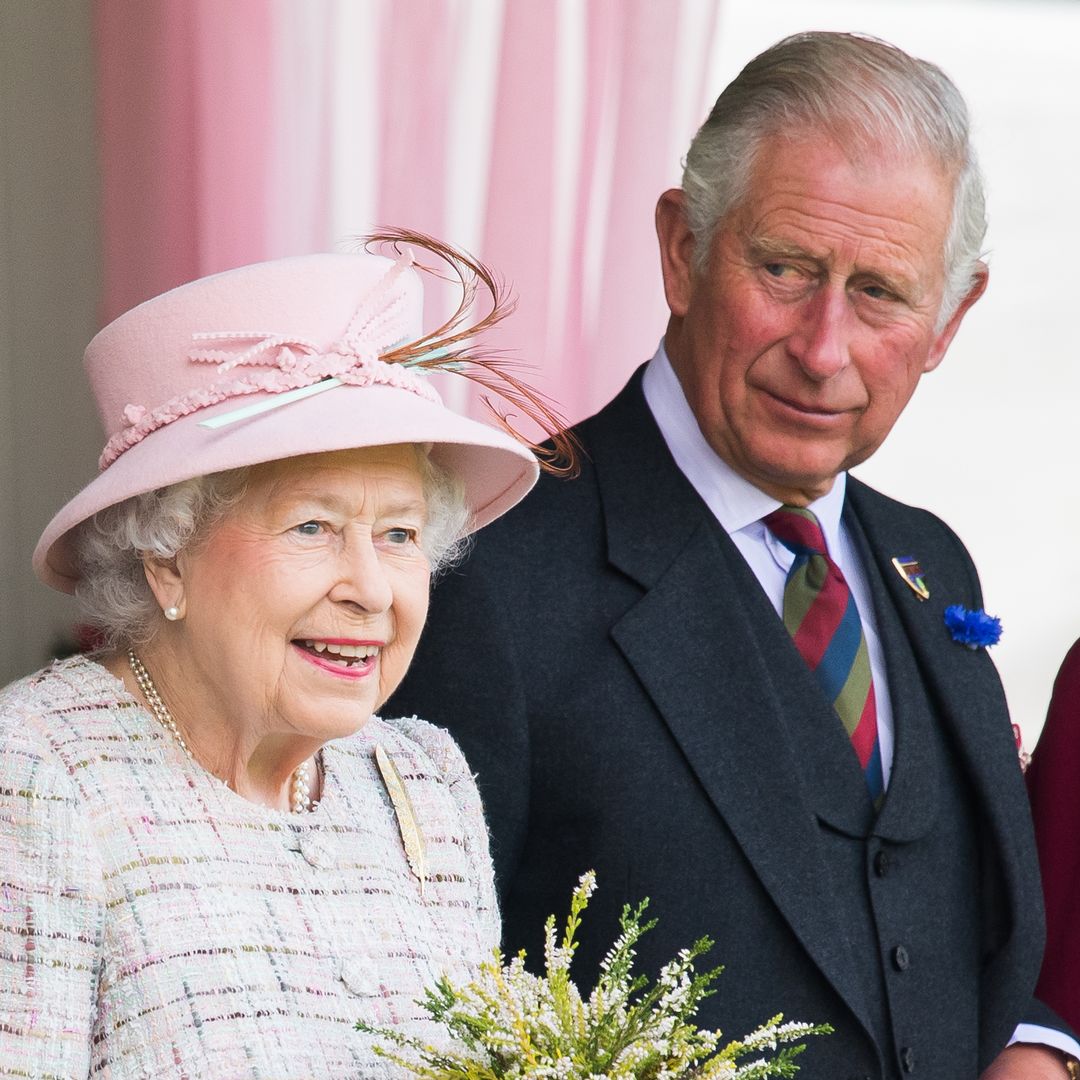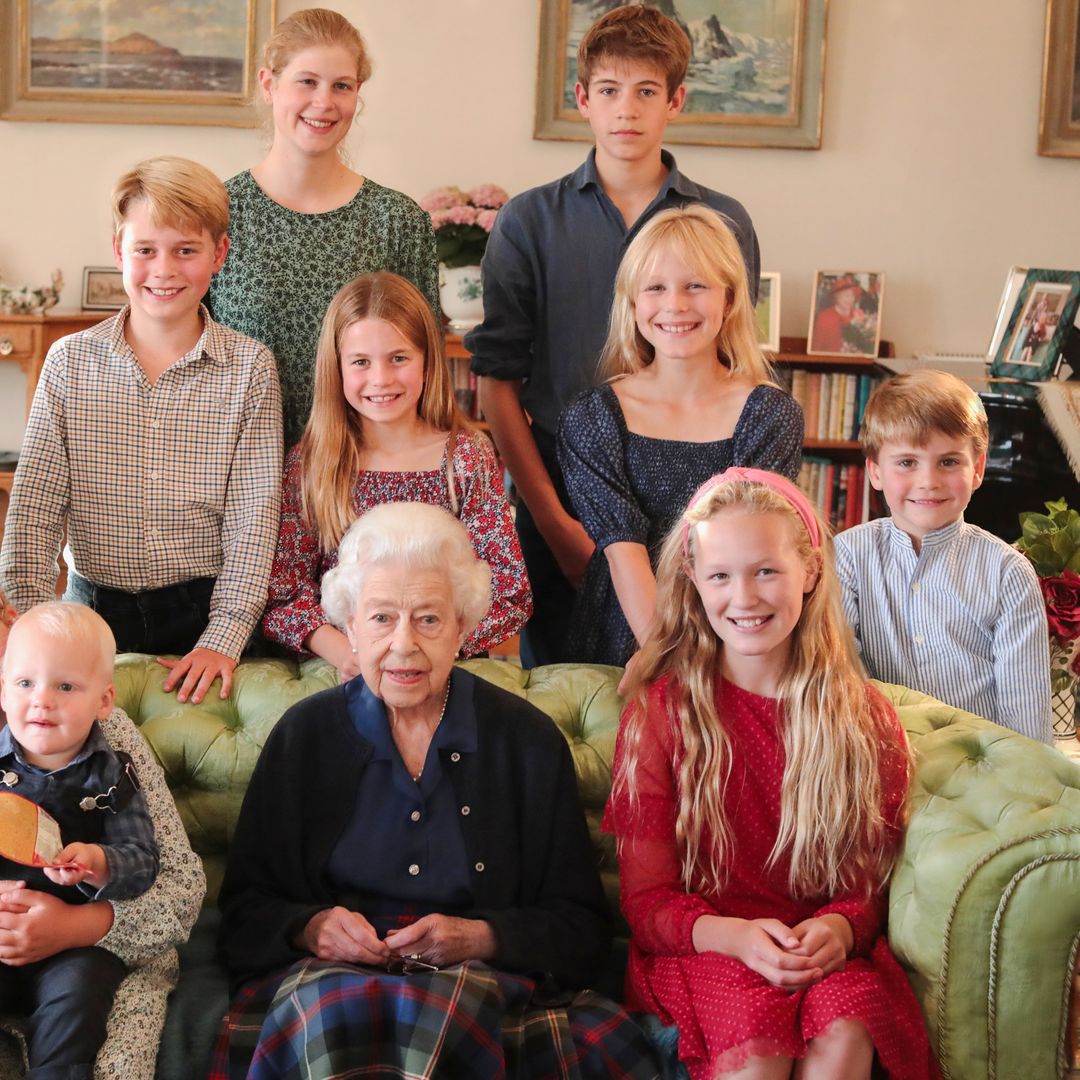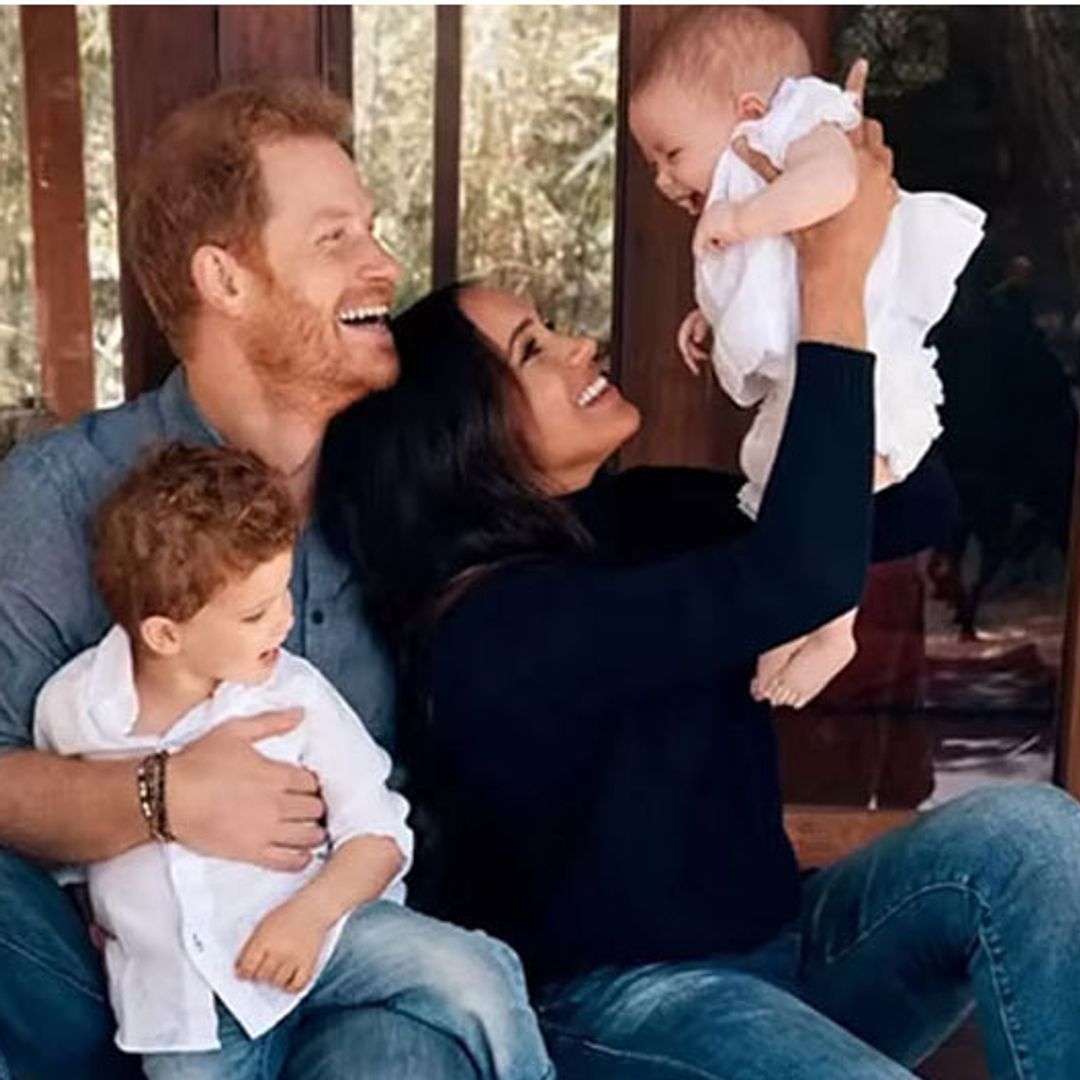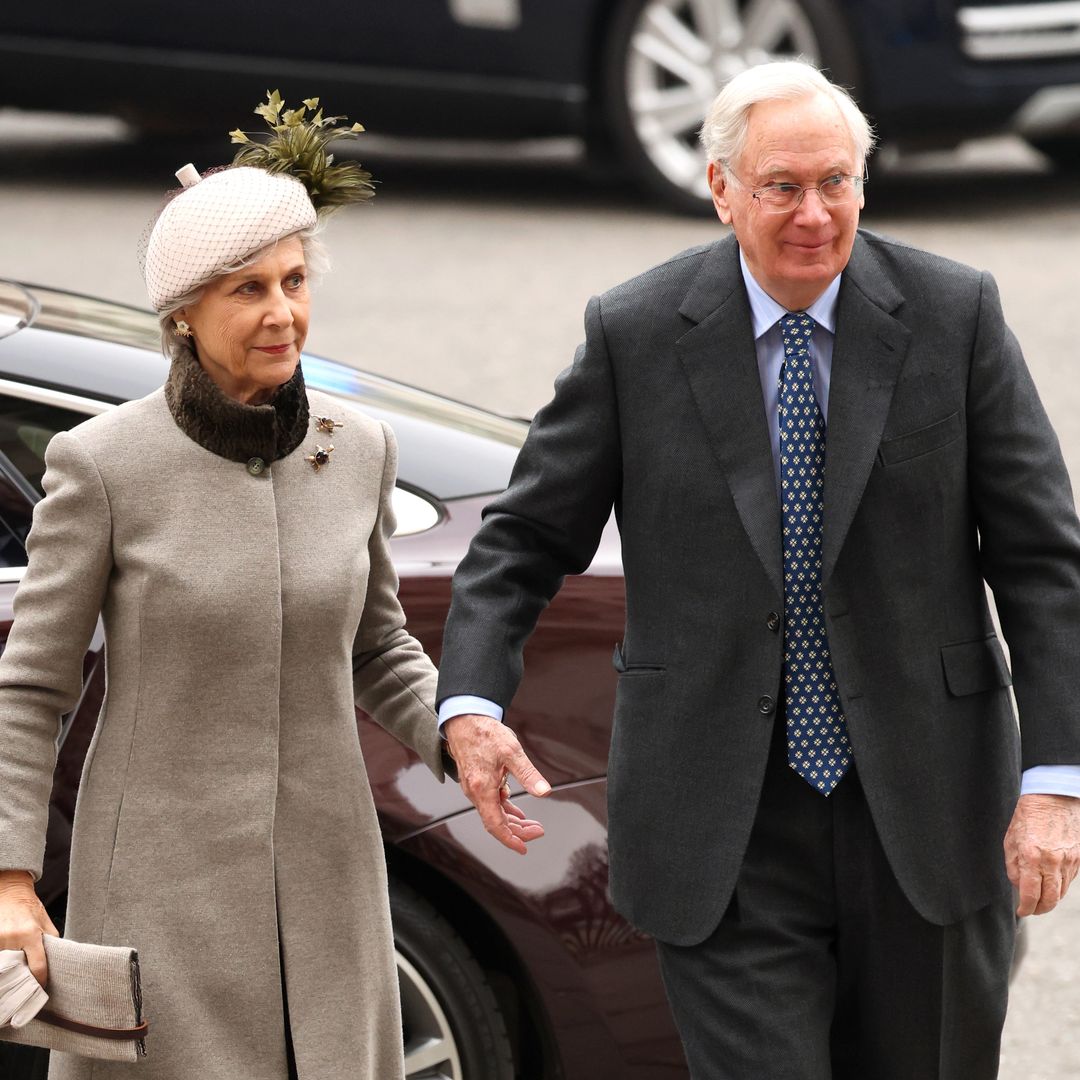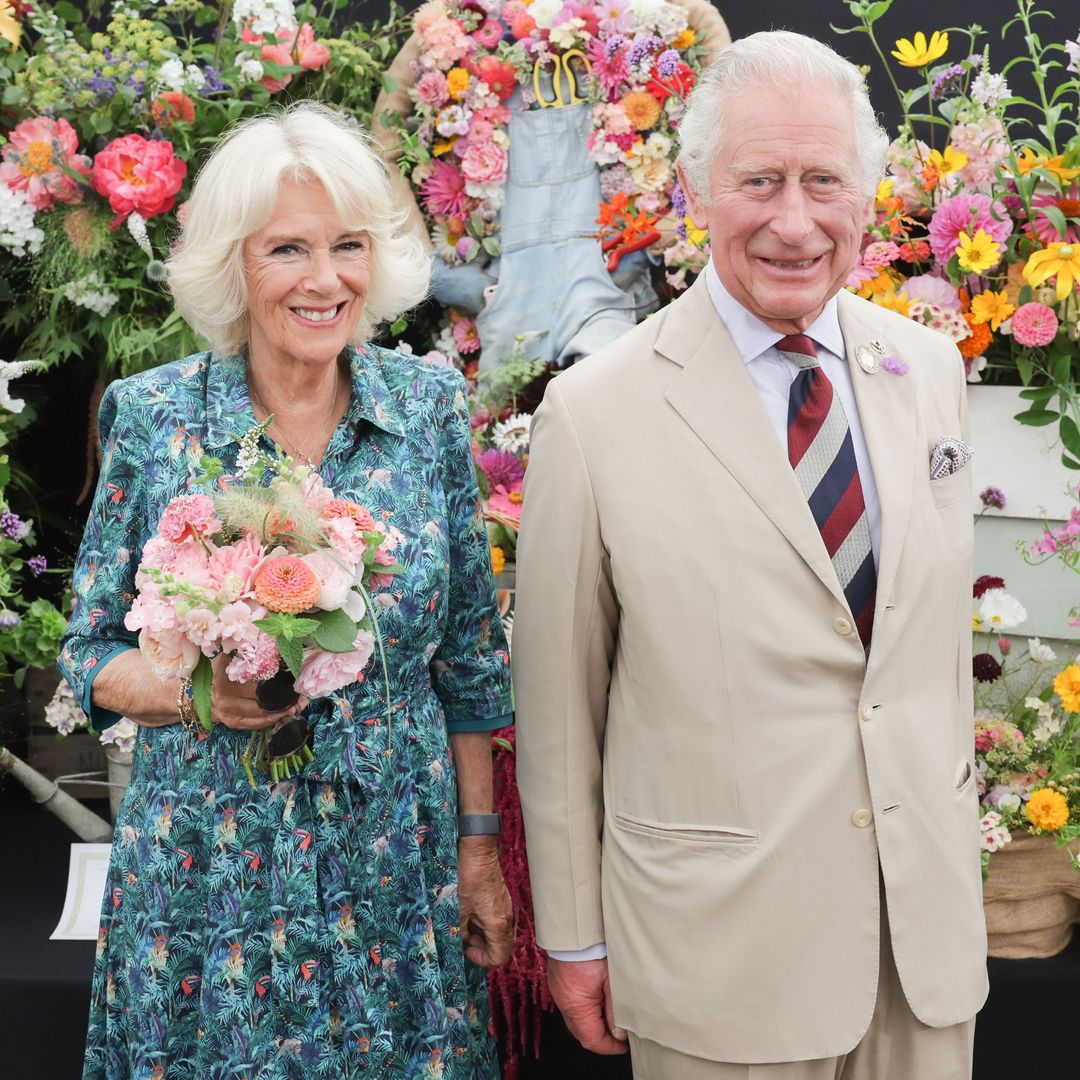Little could the Princess born on April 21, 1926, have imagined that she would go on to become Queen Elizabeth II – much loved for her wisdom, steadfastness and enduring sense of duty. Britain's sovereign is regarded by many as a national treasure – but history could so easily have been different.
When Princess Elizabeth was born to the Duke and Duchess of York, she was third in line to the throne. Her father was the younger brother of David, the Prince of Wales, and it was assumed that the heir to the throne would eventually have children himself, and "Lilibet", as she was known, would not accede.
All that changed in 1936, when Uncle David, now Edward VIII, abdicated in order to wed the woman he loved, Wallis Simpson. It was an anxious time for Elizabeth's parents, and the young Princess was given the news by a footman that her father was to be crowned King." Does that mean that you will have to be the next Queen?" she was asked by her sister, Margaret. Upon hearing that, yes, this would be the case, Margaret’s reaction was clear: "Poor you," she whispered quietly.
But despite the weight of her destiny, Elizabeth's childhood was a happy one. The Princess was extremely close to her immediate family – or "us four" as her father, later George VI, dubbed them. As a youngster she delighted in games such as charades, and was a keen swimmer, winning the Children's Challenge Shield at London's Bath Club.
Although content and active, Eizabeth grew up during the privations imposed by World War II, and as a result, her upbringing was relatively frugal. With the entire nation saving and experiencing rationing, the young Princess also decided to do her bit.
She joined the Auxiliary Territorial Services and trained as a driver, prompting her mother to complain: "We had sparking plugs last night all the way through dinner!". These challenging years were crucial in moulding the monarch who is known for her stoic nature and thriftiness.

